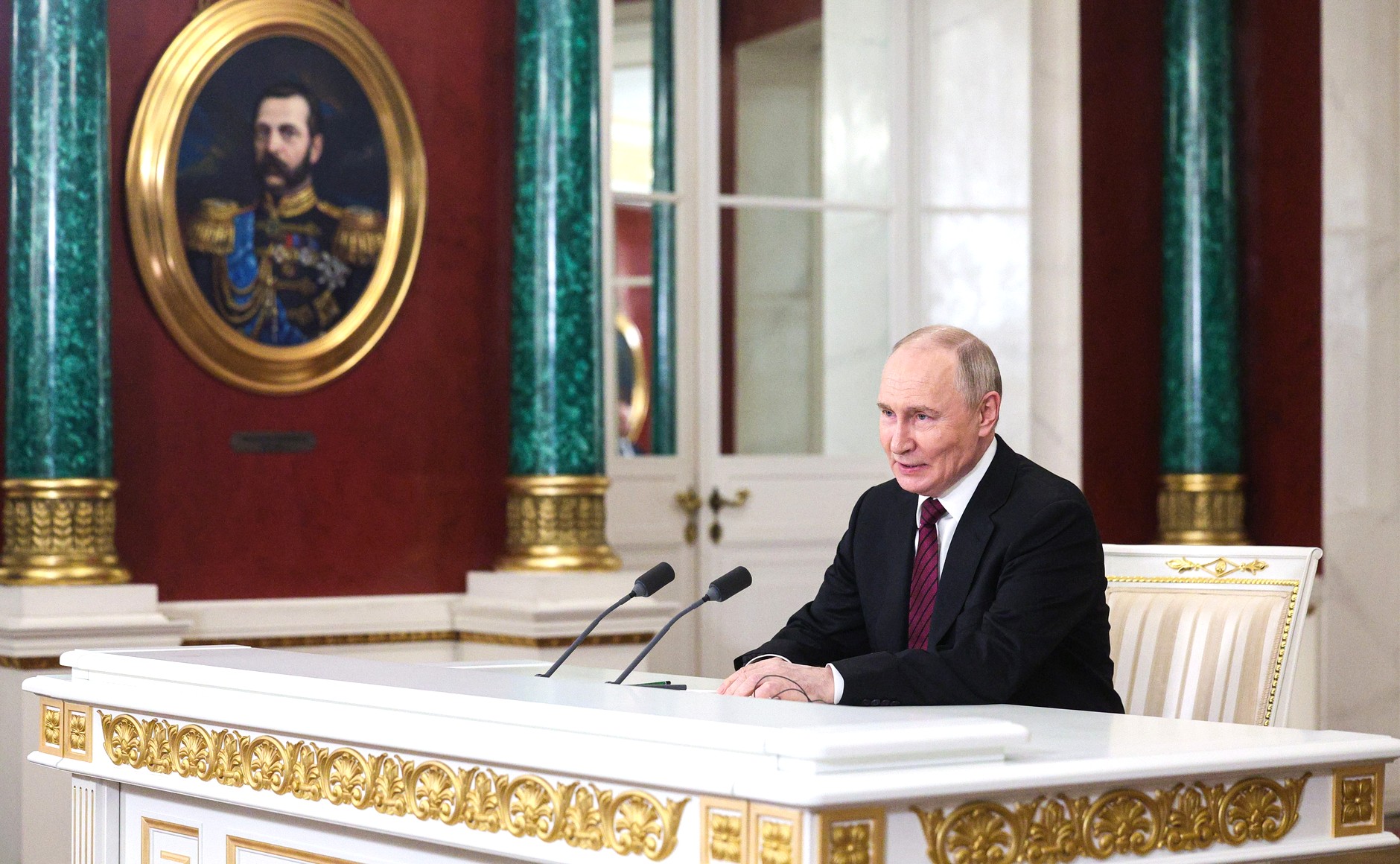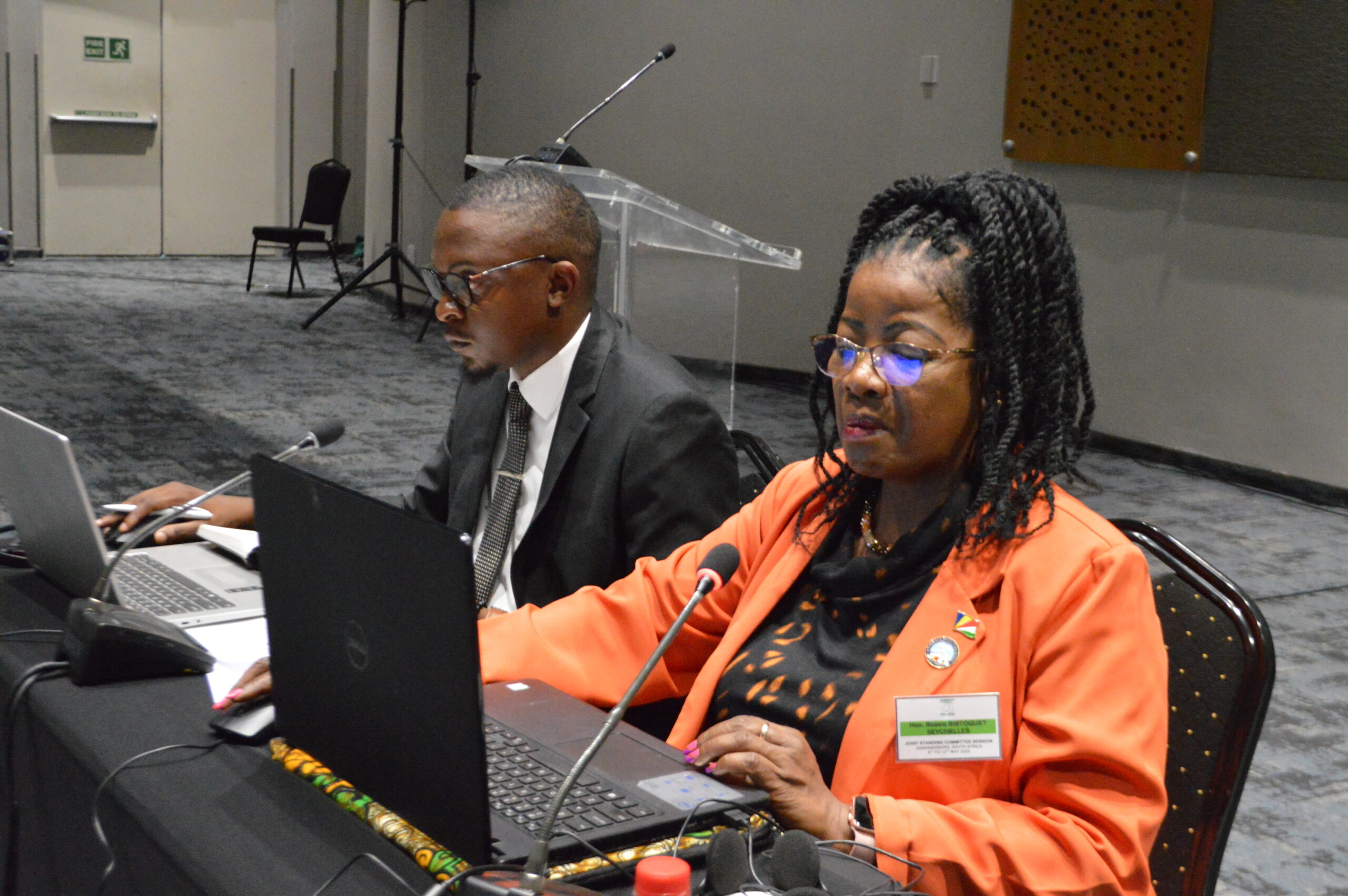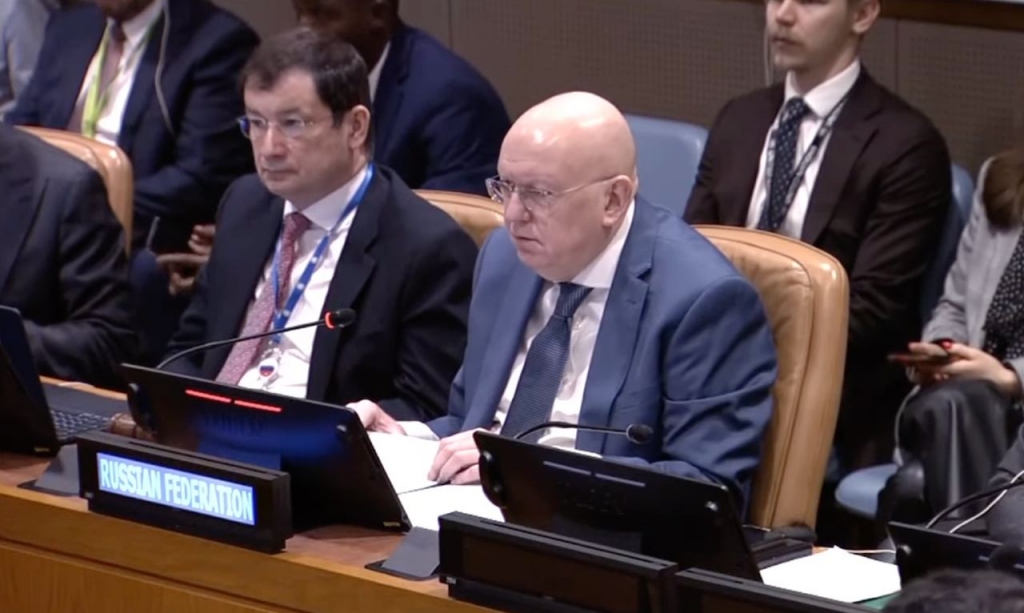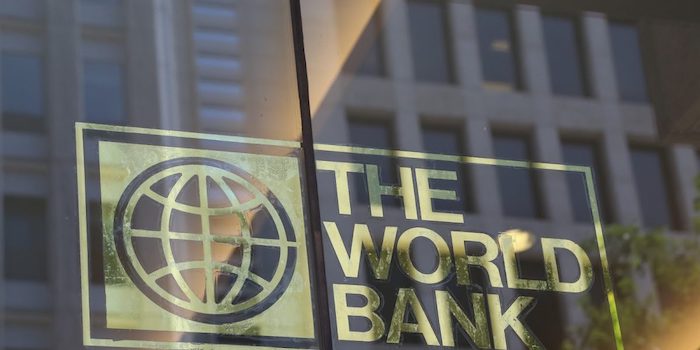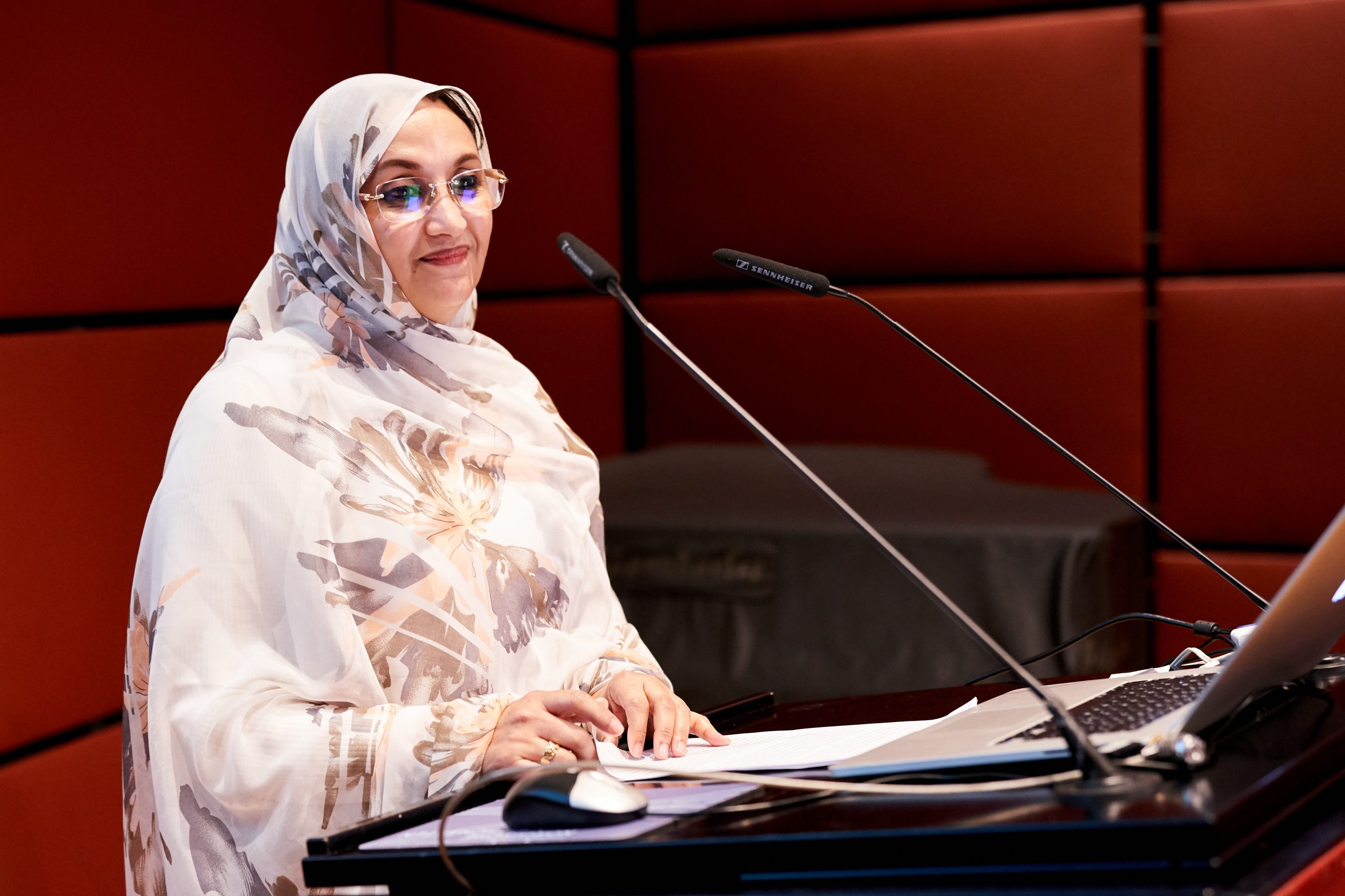
Right Livelihood Laureate Aminatou Haidar
In a joint communication to the Moroccan government, the Special Rapporteur on the situation of Human Rights Defenders, the Special Rapporteur on freedom of opinion and expression, the Special Rapporteur on torture, and the Working Group on Arbitrary Detention, expressed deep concern at the human rights violations committed against Right Livelihood Laureate Aminatou Haidar and seven other Sahrawi activists.
On September 20, 2020, in response to the escalation of human rights violations against the Sahrawi people, Aminatou Haidar established a new organisation in El-Ayoun, the Sahrawi Organ Against Moroccan Occupation (ISACOM). A few days later, the Moroccan Prosecutor’s Office in El-Ayoun opened a judicial investigation against ISACOM on the basis that the organisation “threatens national integrity.”
In the following months, Moroccan occupation forces maintained a police siege on Haidar and other fellow activists’ houses for months, preventing them from leaving their residences or receiving visits, while also intimidating their family members.

“Moroccan agents in civilian cars followed us during all our movements and spent the nights right next to our residences, terrorising our children and our families,” Haidar said. She also highlighted that “Saultana Khayya, a member of ISACOM, has been under house arrest for five months.”
In October 2020, the Right Livelihood Foundation had brought this situation to the attention of the UN Special Procedures and urged them to request Morocco to halt this unjustifiable persecution. In March 2021, they published a communication requesting the Moroccan government to explain the reasons for the strict surveillance imposed on Haidar, as well as the status of the investigation against her. They expressed deep concern at the hostile environment towards human rights defenders in Morocco and Western Sahara and stressed that “acts of torture, judicial persecution, threats and constant surveillance constitute a serious assault on human rights defenders and organisations.”
We regret that these serious allegations were not addressed by the Moroccan government, which used Covid-19 measures as a pretext to justify prolonged police surveillance and intimidation of Haidar and ISACOM members. Replying to the Moroccan attempt to justify the legal basis of the investigation, we would like to stress that the letter concerns Saharawi citizens from the non-autonomous territory of Western Sahara, over which Morocco has no sovereignty.
“It is not a question of national territory,” Haidar has stated. “The whole argument of Morocco’s response is based on Moroccan law, whereas Western Sahara is not part of Morocco and therefore cannot be managed according to Moroccan laws.” (Read Haidar’s full statement here.)
Sahrawi organisations and activists who peacefully fight for independence and their right to self-determination are unjustly mistreated, criminalised, arbitrarily arrested and detained. Since the violation of the ceasefire agreement between the Polisario Front and the Kingdom of Morocco on November 13, 2020, the authorities have further intensified their crackdown on Sahrawi citizens.
At this critical time for the stability of the region, the Right Livelihood Foundation reiterates its position on the issue of Western Sahara and calls upon the UN to take urgent steps to address the gross and systematic violations against the Sahrawi people, and in particular against human rights defenders who peacefully work to achieve freedom. Lastly, we urge the UN to take full responsibility for the observation and protection of human rights in the non-self-governing territory.
The Right Livelihood Foundation is a member of the Geneva Support Group for the Protection and Promotion of Human Rights in Western Sahara and supports the Press Release published by the group on this issue on April 28, 2021.




